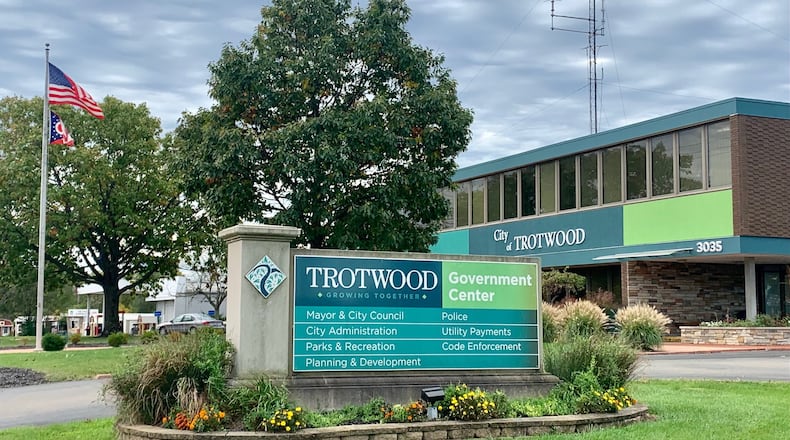The developers later consolidated the separate legal cases into one.
This summer, following mediation between the parties, Trotwood City Council passed a resolution approving a “consent decree” that would allow the development projects to continue as proposed.
City of Trotwood Law Director Chris Conard declined to respond directly to questions about the lawsuit and potential settlement, noting the court case is not yet officially closed.
“The final details of the settlement are still being worked out,” he said via email Wednesday.
The development companies originally proposed construction of multiple complexes on a 19-acre site near the corner of East Main Street and Olive Road in a combined effort that will bring nearly 200 new apartment units to the city.
Plans included construction of two three-story apartment buildings by Oberer Companies, for a total of 63 units, along East Main Street, across from the new Montgomery County Courts building.
Pivotal Housing Partners and St. Mary’s Development Corporation each planned construction of one four-story apartment building, for a combined total of around 65 units, along Olive Road.
The pending consent decree stipulates the developers would pay a combined total of $123,000 to the city in exchange for council’s approval of the developments, documents show.
Agreement terms would also include the installation of a playground at the project site, a private pet park, and provision of a 24-hour maintenance hotline for each apartment complex, the document outlines.
The development companies had originally argued that the council votes denying the projects were conducted improperly. The companies further asserted that planned unit development approval requirements stipulate council must approve or deny the applications within 45 days of submission, which the body failed to do.
In its June response to the legal filing, the city argued the court may lack jurisdiction over the matter entirely, and asserted council acted “reasonably, lawfully, and in good faith.” The city also noted the developers chose not to pursue other administrative appeals or remedies prior to seeking a declaratory judgment.
City officials previously declined to comment on the lawsuit, and did not respond this week to multiple questions about the settlement agreement and its stipulations.
About the Author

